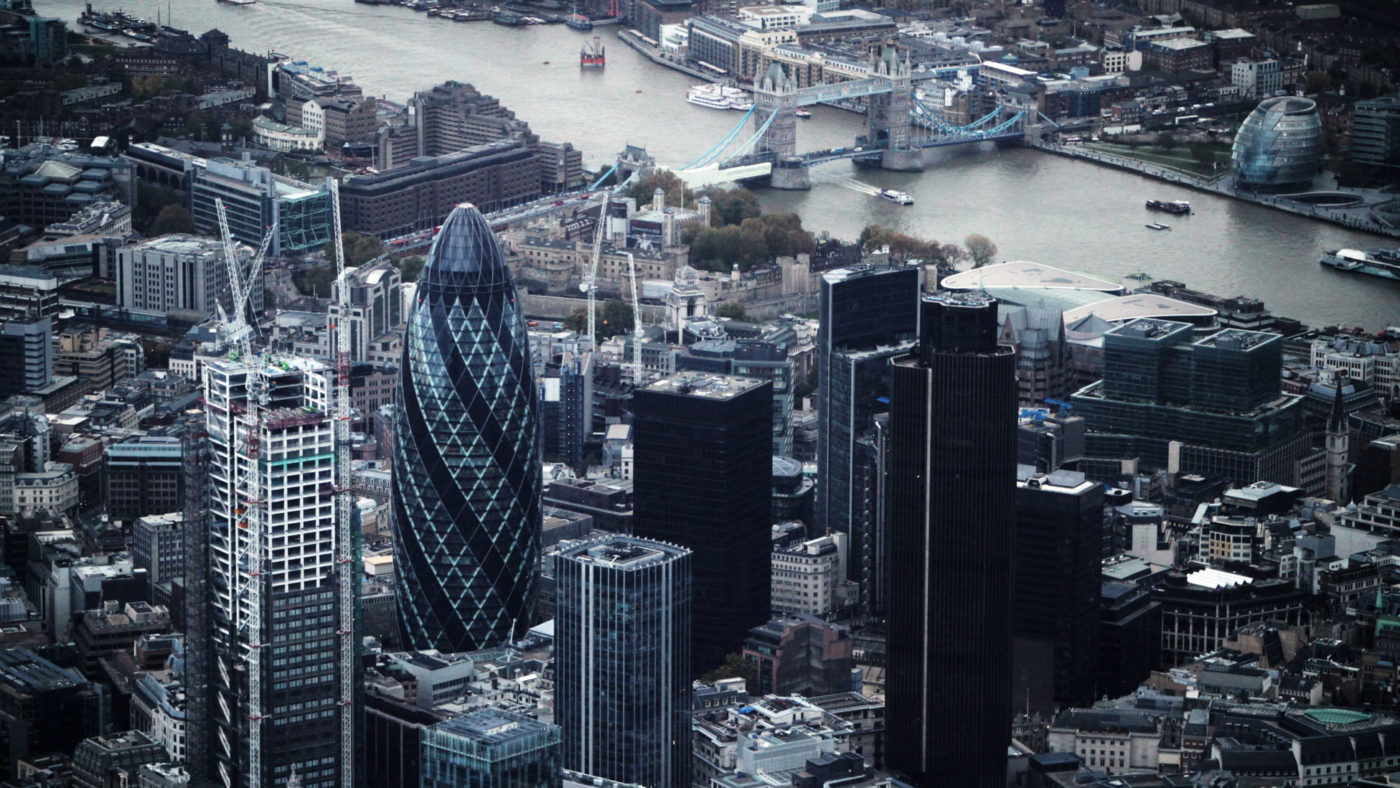The latest GDP data were out today: 0.5 per cent growth in the fourth quarter meant 2017 annual growth overall was 1.8 per cent, almost exactly the same as 2016’s 1.9 per cent. Inflation was 2.7 per cent in the year to December. Unemployment is at its lowest level for four decades. The various FTSE indices are at or close to their all-time highs. The pound is up at its highest level since June 2016. The government’s budget deficit is at its lowest level since the mid-2000s.
No-one thinks we’re in a 1990s-style economic boom (though with the Office for National Statistics now fretting that it’s been significantly underestimating telecoms growth and overestimating inflation, maybe we should). But the economy certainly seems as robust as it’s been since the mid-2000s. Enough so, in fact, that the Bank of England dared to raise interest rates, for the first time in a decade, last November, with no apparent ill effects, and seems likely to raise again this year – perhaps twice.
For the past decade or so we’ve been so used to the idea of things going wrong that it’s easy to forget that “risk” runs in both directions — there is the risk of things going better than expected as well as the risk of things turning out worse. We’re currently in the happy situation of most economic risks lying to the upside. The Eurozone may grow faster than thought, boosting our exports. After many years of underperforming, the Eurozone has plenty of scope for catch-up, through employing the unemployed and exploiting under-utilised machinery and other capital assets. It seems finally to be taking its chance.
Survey data suggests the Eurozone as a whole is growing at its fastest rate for 12 years, with 1.0 per cent growth per quarter now a possibility. If Macron gets his way and there is a shift to deeper Eurozone political integration, including a finance minister, an elected President, a formal Eurozone budget, taxes and debt-raising, we could see the Eurozone take off even further. I believe the 2020s could be the Eurozone decade, globally, as the optimism and creative energies of the Single European State are released.
Another upside risk is that Trump’s America seems to be outperforming most economic expectations. US durable goods orders were up 11.5 per cent over 2017. The IMF is now forecasting US GDP growth of 2.7 per cent for 2018, boosted by the Trump tax reforms, well above the 2.3 per cent it was forecasting previously, and far above the 2 per cent or so that gloomier economists had taken to suggesting was the maximum rate the US economy could sustain. Stronger US growth may boost world GDP growth creating export opportunities for UK firms around the world.
A further upside risk is that the new EU-UK free trade agreement looks like it might be more comprehensive than previously thought. Quite apart from those that fretted about no deal, many analysts had assumed the best that could be hoped for, in the short run at least, was a goods-only free-trade agreement limiting tariff rises post-Brexit, with nothing or next to nothing on services.
For what it’s worth, I still think we should expect coverage within the FTA itself of anything beyond goods to be limited, and that it’s more important to have a quick deal than a deep one. But I might well be being too gloomy. There seems to be quite widespread political commentary across the EU, from member state political leaders, saying that a wide-ranging deal is important.
There was always likely to be agreement to keep financial services regulations highly aligned, with the current model discussed most often being some form of “regulatory equivalence”, rather than passporting, or a “transitional” financial services deal that never quite stops being transitional (the last being the path I’d probably favour myself). But even so, there have been some suggestions of EU access to the City becoming more restricted (with even Macron talking in those terms recently), so the reality of a financial services deal may have upside implications as well.
There are also upside technology gain risks. Autonomous vehicles may advance faster and transform cities more. Targeted medical technologies may outperform. Green tech may do better. The North West Passage may be more navigable. Musk may even get his volunteers to Mars.
There are of course some ways it could all go wrong. The US is overdue a recession. The Chinese shadow banking sector seems permanently on the verge of disaster. Oil prices have risen and could spike higher in the event of a chaotic Iranian civil war.
But the main economic story is one of placid advance with upside opportunity. Politics has got into a habit of long-faced, clinging-on-by-the-fingernails gloom. There’s scope now for a bit more vision and imagination. Let’s not blow it, but let’s at least whisper hopefully.


